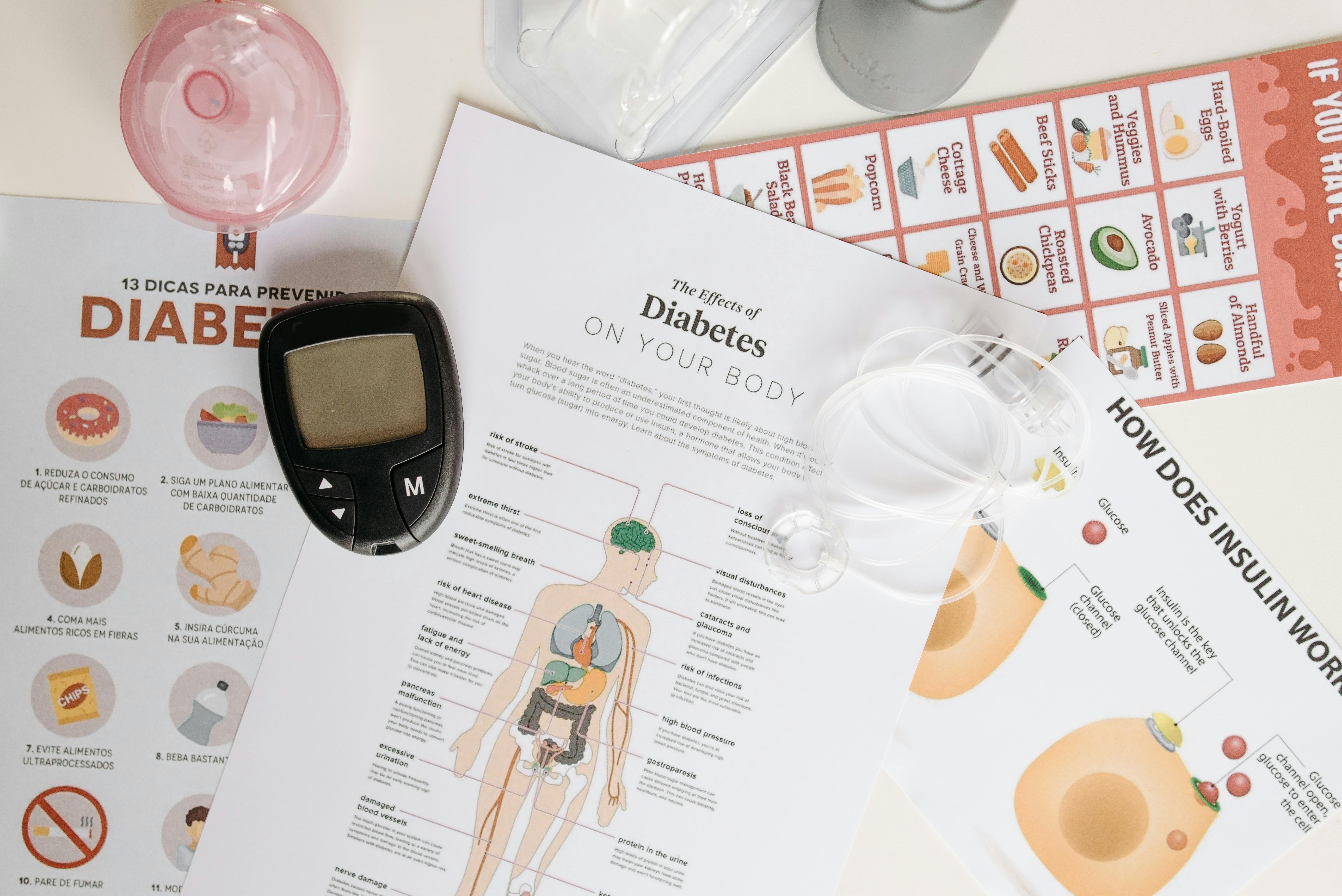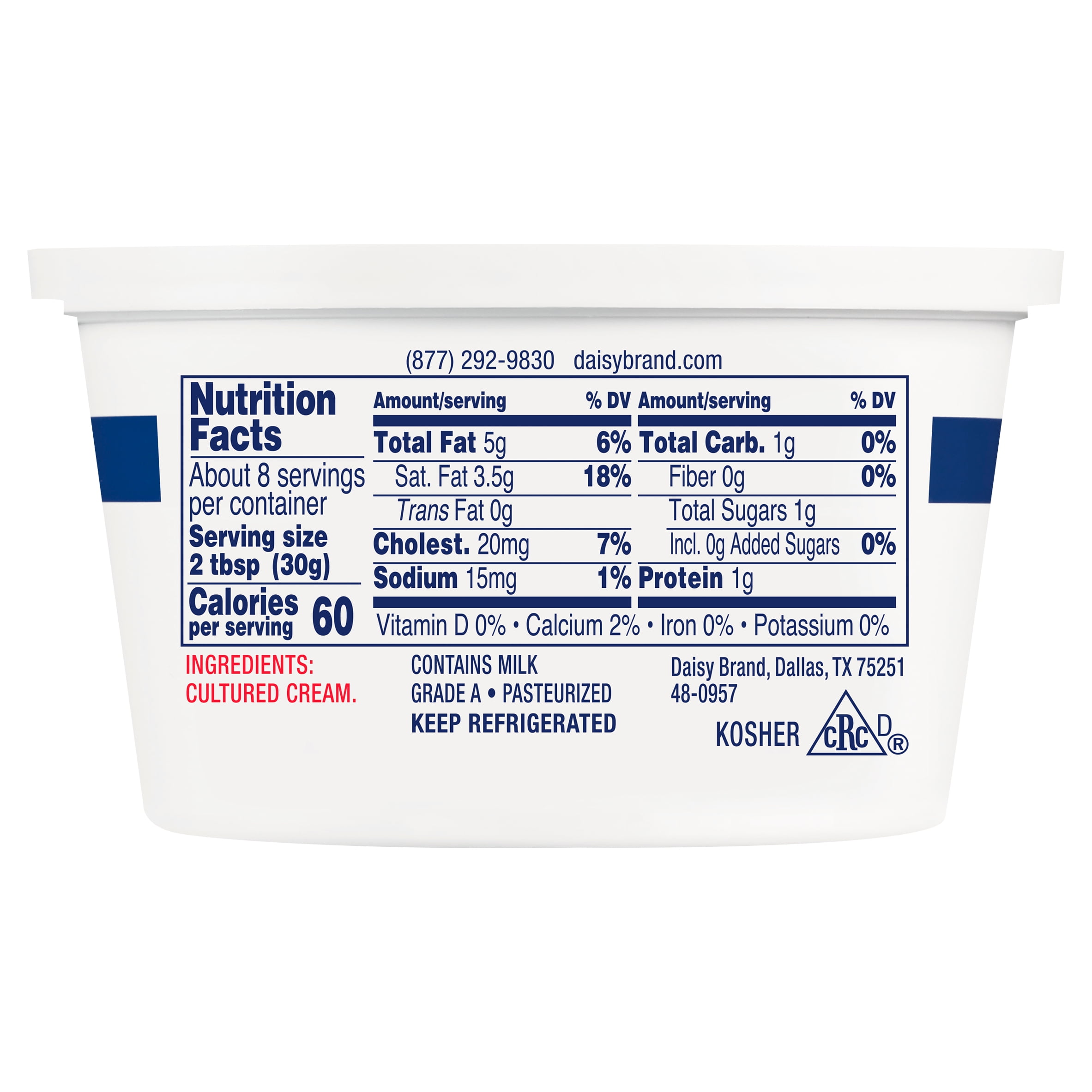Effective Ways to Prepare for Colonoscopy: Your Low Residue Diet Guide for 2025
Preparing for a colonoscopy can feel daunting, but understanding the importance of a low residue diet can make the process smoother and more manageable. The low residue diet, which emphasizes the reduction of fiber intake, supports the clear visualization of the gastrointestinal tract during examination, ensuring accurate results for essential medical tests. This article will guide you through the critical aspects of colonoscopy preparation, focusing on how to adhere to dietary restrictions while maintaining digestive health.
The benefits of adhering to a low residue diet include minimizing solid waste in the colon and improving bowel cleansing prior to the procedure. By following the recommended dietary practices, patients can enhance their colon health and reduce potential risks associated with gastrointestinal procedures. In this guide, we will outline practical tips, a low residue food list, and essential meal planning strategies catering to your pre-colonoscopy diet.
Key takeaways include understanding the significance of dietary choices related to colon exams, familiarizing yourself with the foods to avoid, and recognizing the importance of hydration during colonoscopy preparation. With thorough preparation, you can approach your colonoscopy with confidence and peace of mind.
Essential Guide to Low Residue Diet Preparation
Building on your understanding of digestive health, a low residue diet is particularly crucial when preparing for a colonoscopy. This specialized eating regimen focuses on minimizing fiber intake, which helps to eliminate remnants from the digestive system. A well-planned low residue diet can help optimize your colonoscopy experience.
Understanding Low Residue Foods
Low residue foods are those that are easy to digest and leave minimal waste in the gastrointestinal tract. Key examples include white bread, refined pasta, plain cereals, and lean meats. By incorporating these foods into your diet ahead of the colonoscopy, you can facilitate smoother digestion. Foods high in fiber, such as whole grains, fruits, and certain vegetables, should be avoided to ensure the colon is as clear as possible.
Low Residue Meal Recipes
Creating delicious, low residue meals is achievable with careful planning. Simple recipes such as chicken broth, white rice with cooked zucchini, and scrambled eggs can be both nutritious and palatable. These meals not only respect the dietary restrictions but also ensure that you are consuming adequate nutrients in the days leading up to your procedure. Experimenting with different flavorings that do not contain fibrous ingredients can make your eating experience more enjoyable.
Dietary Modifications Before the Procedure
Making dietary modifications in the days leading up to your colonoscopy is essential. Aim to start your low residue eating plan at least three days before the procedure to allow sufficient time for your body to adjust. Additionally, gradually reducing fiber content will help minimize digestive challenges. Keep in mind that staying hydrated is equally important; consider adding electrolyte-rich clear liquids to maintain proper hydration, supporting your overall health during this period.
Implementing the Clear Liquid Diet
Following the low residue diet, patients are often required to transition to a clear liquid diet within the 24 hours leading up to the colonoscopy. This phase is vital for effective bowel cleansing, which enhances the accuracy of the colonoscopy results.
Recommended Clear Liquid Options
Effective clear liquid options include water, broth, plain gelatin, and clear juices without pulp. These liquids provide hydration and maintain energy levels while allowing for effective bowel preparation. Avoid colored liquids or those that may leave residue in the gastrointestinal tract. Your healthcare provider may suggest specific clear liquids based on your needs, providing you with a tailored approach to your preparation.
Importance of Hydration
Maintaining hydration during colonoscopy preparation is crucial. Dehydration can lead to complications and discomfort. Aim to drink at least 64 ounces of clear liquids, spaced throughout the day. Incorporate broths and electrolyte solutions to optimize hydration levels and energy retention. This focus on hydration will support healthy digestion and prepare your bowel for the corrective cleansing needed before the procedure.
Finalizing Your Pre-Colonoscopy Diet
As you approach the day of your colonoscopy, it’s essential to follow your healthcare provider's instructions closely. This may include avoiding any solid foods within the last 12 hours before the procedure and sticking strictly to the recommended clear liquid diet. Maintaining this regimen will ensure your gastrointestinal tract is optimally cleansed, paving the way for a successful examination. Remember to consult your health provider for any personalized adjustments to your pre-test nutrition.

Colonoscopy Guidelines: Dos and Don’ts
With dietary preparation and a clear liquid diet in place, understanding the do’s and don’ts of colonoscopy preparation can further ensure a smooth experience. Following strict colonoscopy guidelines helps to avoid complications and makes the process more comfortable.
Foods to Avoid Before Your Colonoscopy
When following a low residue diet and clear liquid diet, certain foods must be strictly avoided. High-fiber foods, such as beans, nuts, and most fruits and vegetables should not be consumed. These items could create excess bulk in the digestive tract, complicating the procedure and leading to inaccurate results.
Managing Dietary Restrictions Effectively
Managing dietary restrictions is an integral part of the colonoscopy preparation process. Keeping track of what to eat and avoid can be challenging, but utilizing a detailed low residue food list can alleviate confusion. Organizing your meals ahead of time ensures that you remain within the dietary framework required for a successful colon examination.
Consulting Your Healthcare Provider
If you have any concerns or need clarification on dietary practices while preparing for a colonoscopy, do not hesitate to consult your healthcare provider. They can provide tailored advice and recommendations specific to your health needs. Being proactive in communication with your medical team can lead to better health outcomes and a more positive colonoscopy experience.

Post-Colonoscopy Dietary Considerations
Once the colonoscopy is complete, you may wonder about the best dietary practices to follow afterward. Transitioning gradually back to your regular eating habits will support healthy digestion and recovery following the procedure.
Resuming Normal Eating Patterns
Most healthcare providers recommend starting with light, easily digestible foods after a colonoscopy. Developing a meal plan that incorporates bland foods such as rice, toast, and bananas can aid in a gradual return to your regular diet. Pay attention to how your body responds to different foods and avoid high-fiber items until you feel ready.
Hydration After the Procedure
Rehydrating after the colonoscopy is vital to offset any potential losses during the bowel cleansing process. Continue consuming clear liquids before slowly reintroducing solid foods. Being attentive to your hydration levels during this period can significantly benefit your recovery.
Monitoring Your Digestive Health
Post-colonoscopy, remain vigilant about your digestive health. Track any unusual symptoms, and report them to your healthcare provider. They can offer further insights regarding your dietary choices and help you assess if any dietary adjustments are necessary based on your experience.
Conclusion: Preparing for a Positive Colonoscopy Experience
Understanding and implementing effective dietary practices for colonoscopy preparation is essential for a successful procedure. A well-planned low residue diet and clear liquid diet not only improve bowel cleansing but also enhance patient comfort and reduce risks during the examination. By adhering to the guidelines, maintaining hydration, and following dietary recommendations, you can approach your colonoscopy with minimized anxiety and improved confidence.
Your preparation begins with education on dietary choices and understanding the impact of food on colon health, paving the way for a smooth and successful colonoscopy journey. For more insights on maintaining digestive health, check our additional resources on dietary practices and pre-colonoscopy checklists.
